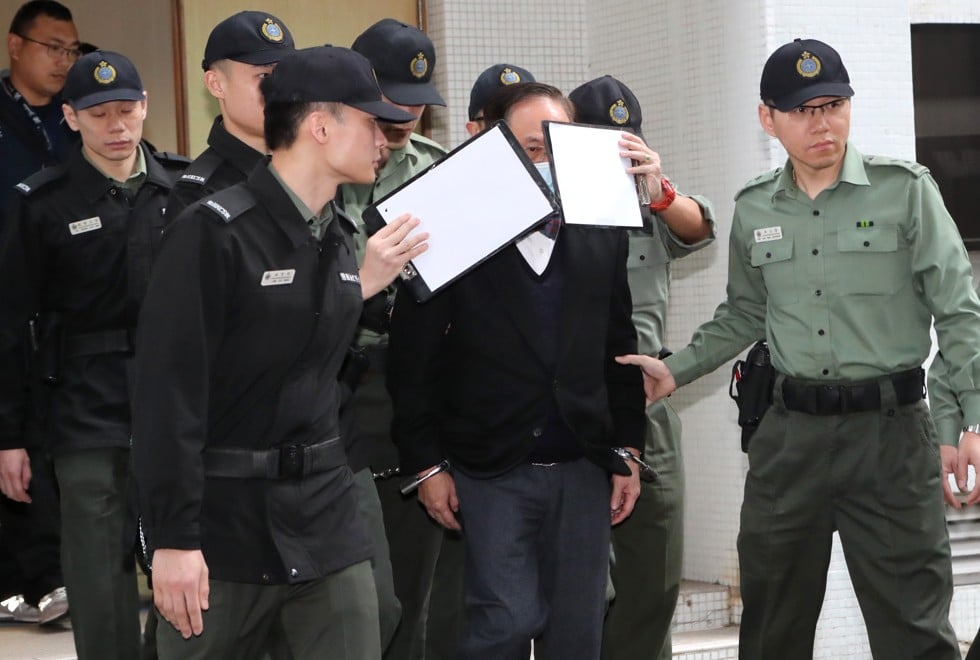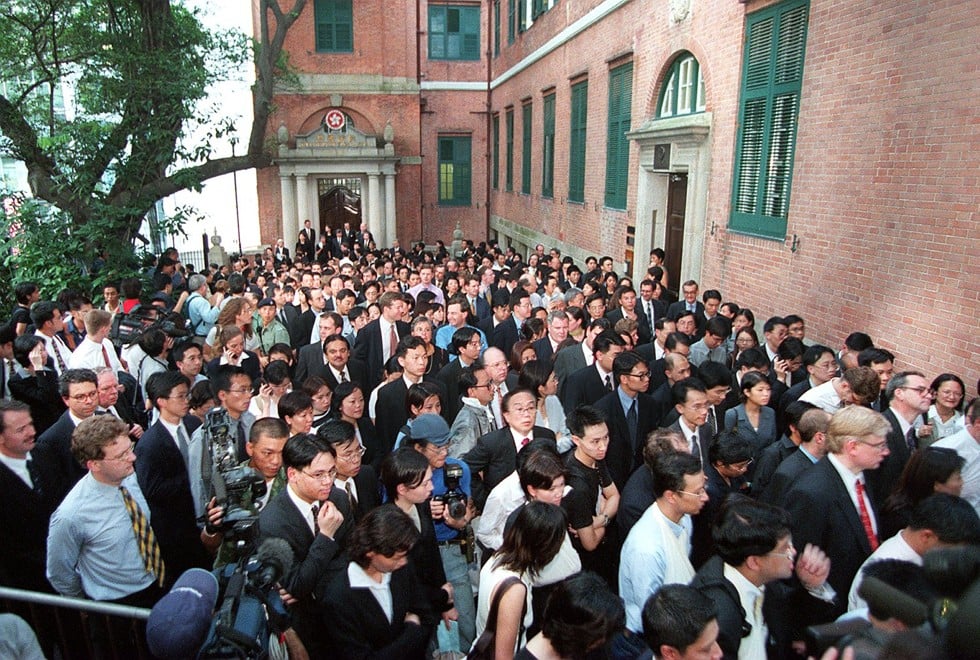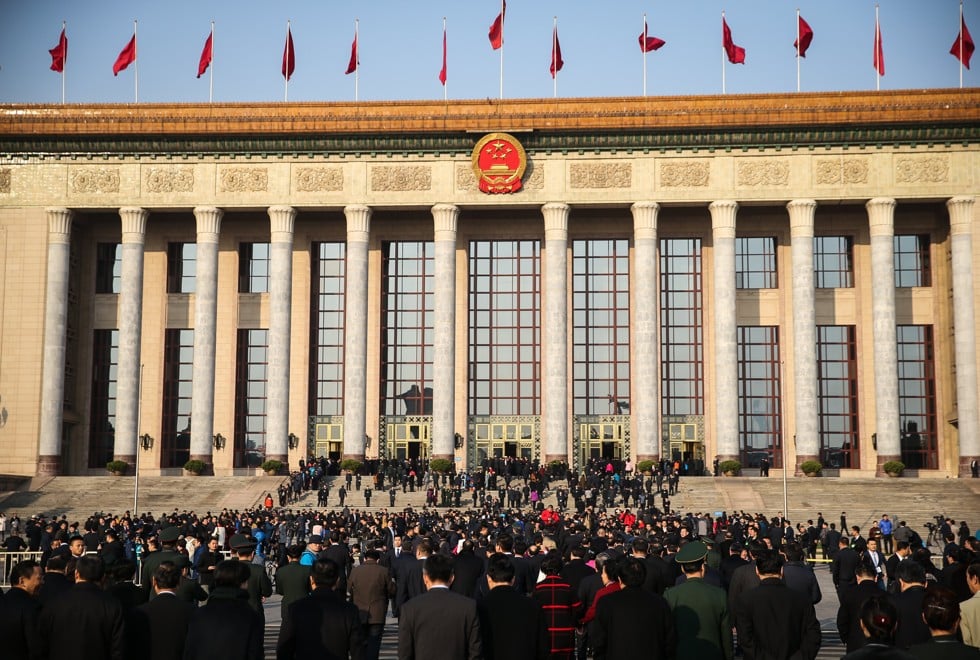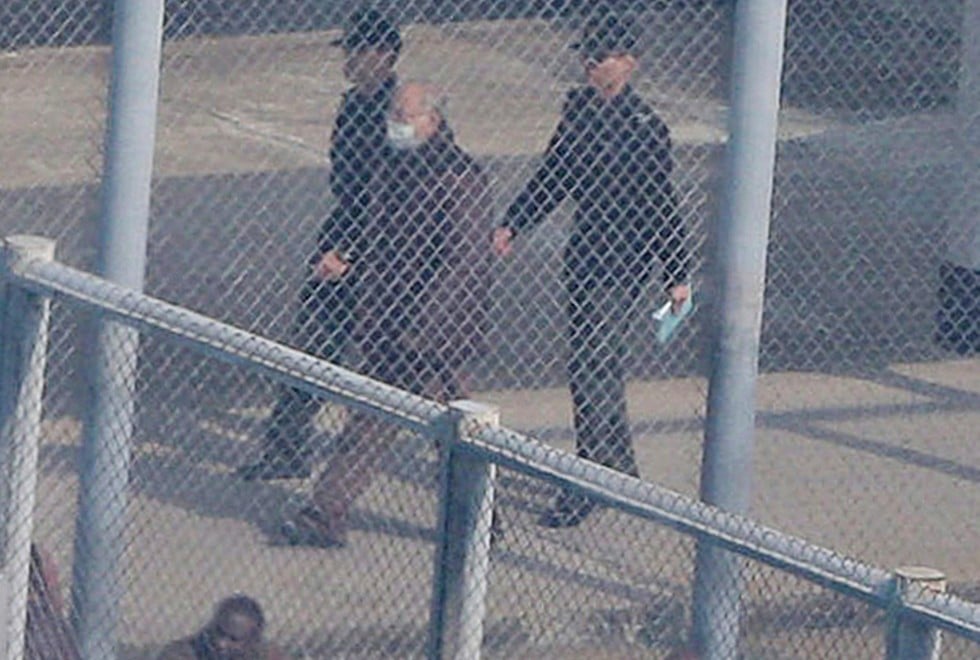
Rule of law in Hong Kong needs independent-minded judiciary to survive
Judiciary has been through challenging times, including National People’s Congress interpretations and abuse aimed at magistrates, judges and prosecutors
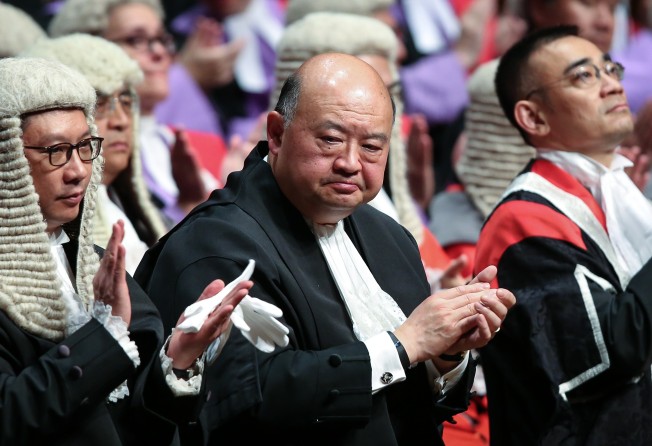
Imagine Hong Kong without the rule of law, where the rich and powerful can act with impunity, judges serve political aims rather than the law, and the government is free from legal restraint. Rights and freedoms would be trampled on and business could not be done with confidence. No wonder the rule of law has long been recognised as our greatest asset.
As we mark the 20th anniversary of the return to China, which has a very different legal system, there are fresh anxieties. The fallout from the Occupy pro-democracy protests of 2014, Beijing’s crackdown on independence advocates and abusive attacks on judges have all raised concerns.
The disappearance of five Hong Kong booksellers in 2015 and their reappearance in mainland Chinese custody shocked the community and underlined the importance of Hong Kong’s separate legal system.
Worries about the rule of law are not new. Soon after the handover, there were concerns about a failure to honour the principle of everyone being equal before the law. Newspaper tycoon Sally Aw Sian was not prosecuted in 1998, despite being named as a co-conspirator in charges brought against others. The decision not to put her on trial was justified partly on the grounds of insufficient evidence but also, controversially, on the basis that this would not be in the public interest as her company might collapse.
However, fears that the powerful would be able to escape justice have been largely dispelled by more recent cases. Former chief secretary Rafael Hui Si-yan was jailed for 7 1/ 2 years in 2014 for accepting HK$19.7 million in bribes and misconduct in public office.
In the same case, Thomas Kwok Ping-kwong, former joint chairman of Sun Hung Kai Properties, was jailed for five years and fined HK$500,000 for conspiracy to commit misconduct in public office.
In March, former chief executive Donald Tsang Yam-kuen was jailed for 20 months for misconduct in public office for failing to disclose a conflict of interest when approving applications from a radio broadcaster while leader. He became the highest ranking official to be convicted and jailed.
In many respects the legal system has remained unchanged. The common law continues to be applied, the judiciary remains independent, and rights and freedoms are upheld. Crucially, judges continue to exercise their power to ensure the government and legislature act within the law.
Most court cases are conducted pretty much the same way they were before the handover. More are heard in the Chinese language and the creation of the Court of Final Appeal means there is no longer a need to take cases to London. The top court, featuring eminent foreign judges as well as local ones, has developed a sound reputation. Courts have delivered rulings protecting a wide range of rights enshrined in the city’s de facto constitution, the Basic Law, including freedom of expression, freedom from discrimination and the right to social welfare.
However there have been controversies and an occasional crisis as tensions between the two legal systems surfaced. Members of the legal profession have taken part in three protest marches to support the rule of law.
One source of conflict lies at the point where one country and two systems meet. The Basic Law protects and insulates the city’s legal system from the one on the mainland. It gives the final say in legal disputes to the Hong Kong courts. But many of the most politically sensitive cases, often those involving human rights, depend on working out what the Basic Law means. The courts do this when deciding cases, but the ultimate power to interpret lies with the National People’s Congress Standing Committee (NPCSC) in Beijing.
Watch: Chief justice speaks about importance of rule of law
The implications of this division of power quickly became apparent after the handover. In 1999, the Court of Final Appeal, in a brave but ill-fated decision, ruled in favour of mainland-born children of Hong Kong residents asserting their right to live in the city. Fearing a mass influx of migrants, the Hong Kong government secured an interpretation of the Basic Law from the NPCSC, which effectively overturned the court’s ruling. This move was unexpected and had far-reaching consequences. The court ruled later that year that the NPCSC had the right to interpret any part of the Basic Law at any time. And when it did so, the courts must follow that interpretation.
This power of the NPCSC to interpret the Basic Law has since been used as a tool by Beijing to assert its will and to settle disputes. It has used the power sparingly, but in a way which has raised concerns about the rule of law. Four of the five NPCSC interpretations have had an impact on court cases. Only one was requested by the Court of Final Appeal.
The most recent, last year, saw Beijing issue an interpretation, on its own initiative, on the legality of lawmakers’ oaths. This came just as a judge was about to rule on the issue and ensured the disqualification of two pro-independence legislators.
There is also a pressing need for the role of judges to be understood and respected. The growth of judicial reviews and a series of criminal cases arising from Occupy have drawn the courts into cases with political overtones. This has led to magistrates, judges and prosecutors facing abuse and threats.
Watch: Hong Kong lawyers march in June 2014
Judges are trained to decide cases freely and fairly. They are not motivated by politics, public opinion, or a desire to help the government implement its policies. Their role is simply to apply the law. There will be some decisions that are inconvenient or offend certain sectors of society. Such decisions should be discussed, but respected.
Ultimately, the survival of the rule of law depends on maintaining a strong, highly professional and independent-minded judiciary. This will not be easy, amid growing pressure on judges and difficulties finding suitable candidates. It will be one of the biggest challenges when seeking to uphold the rule of law in the future.
